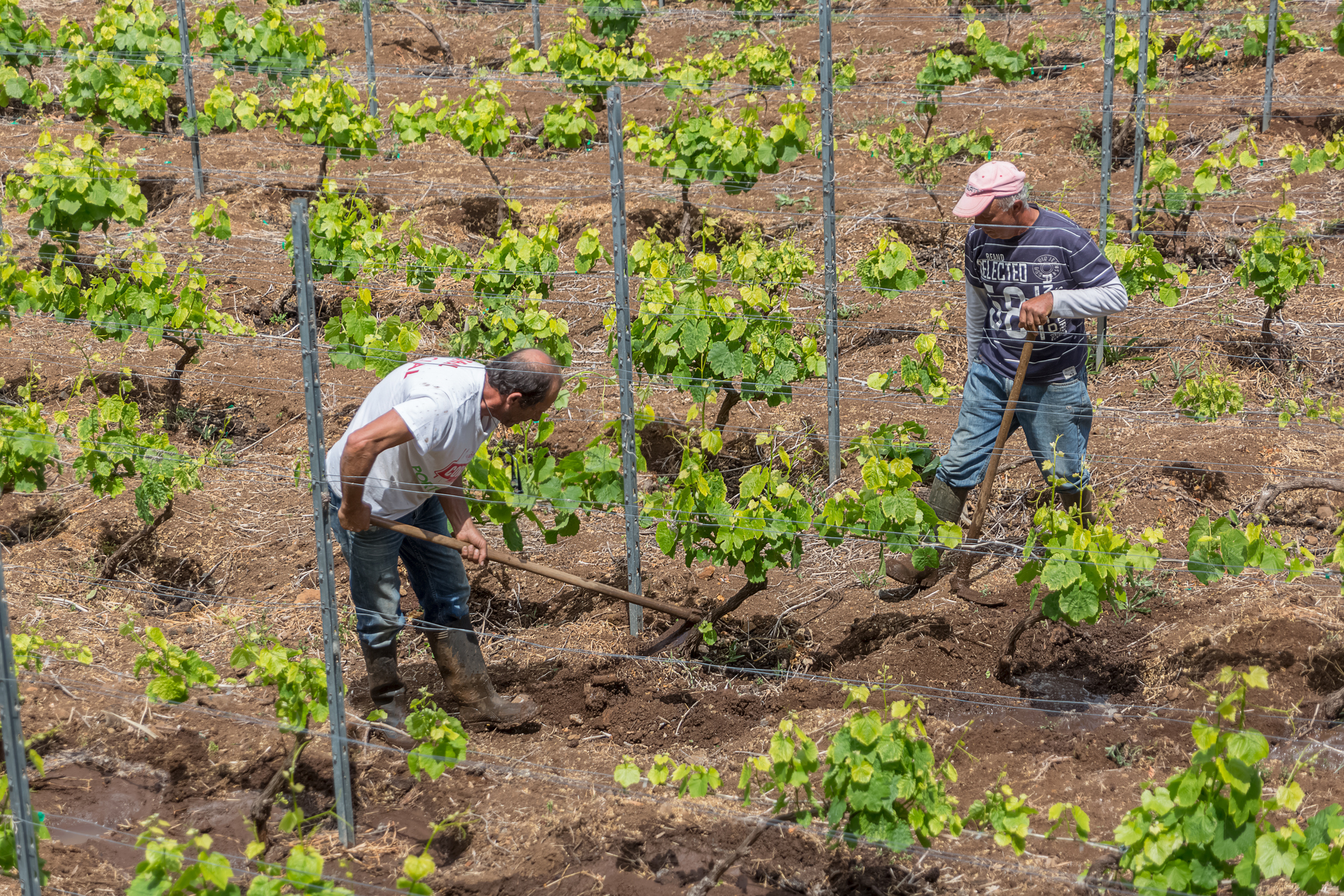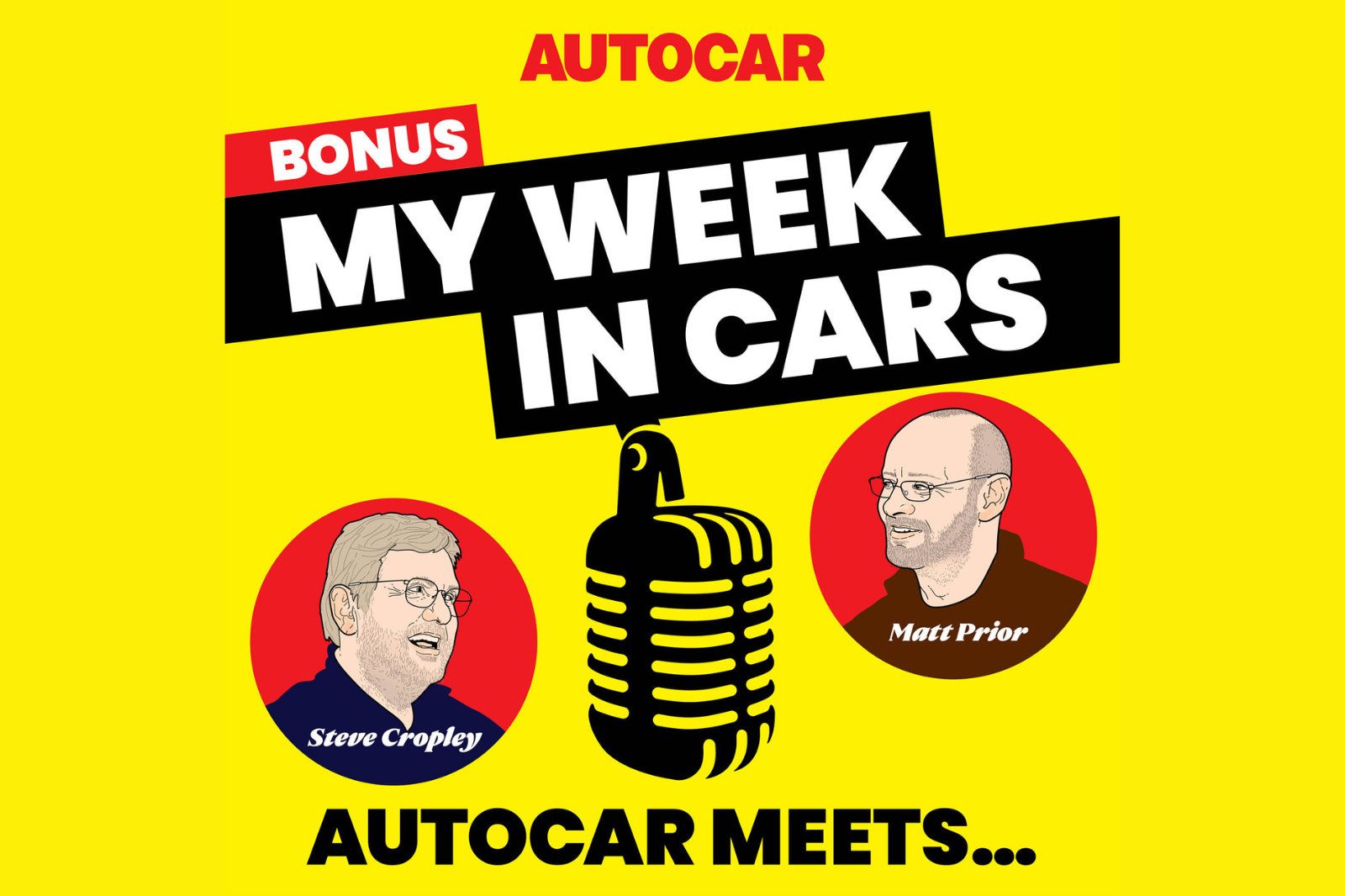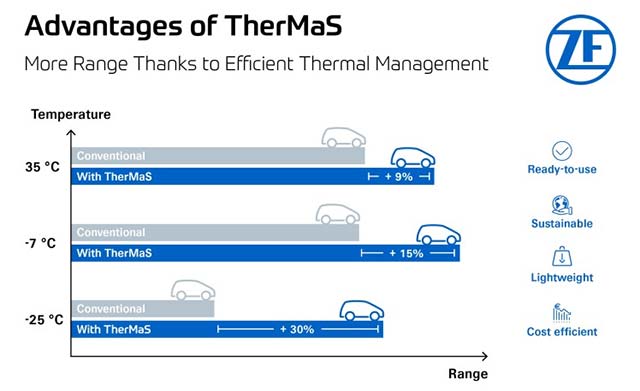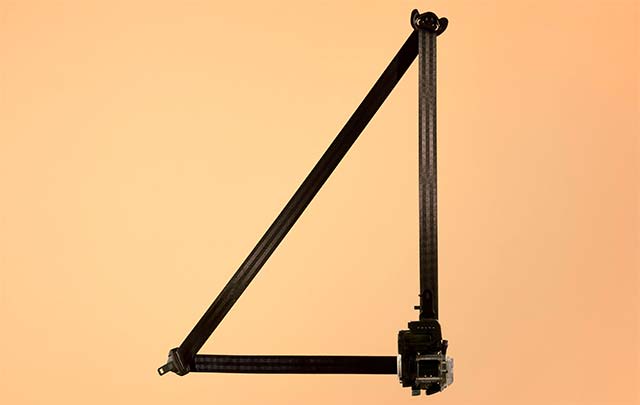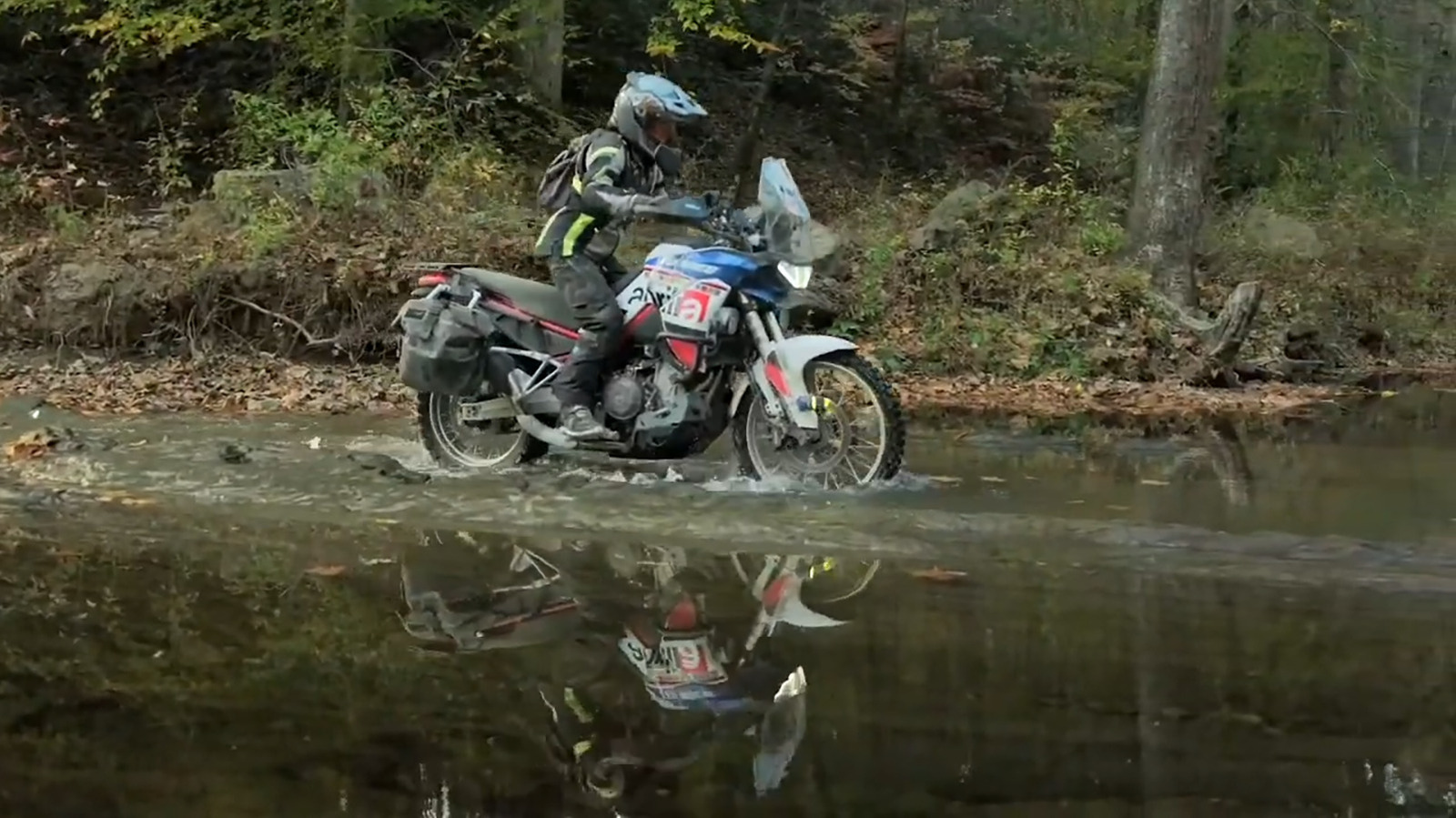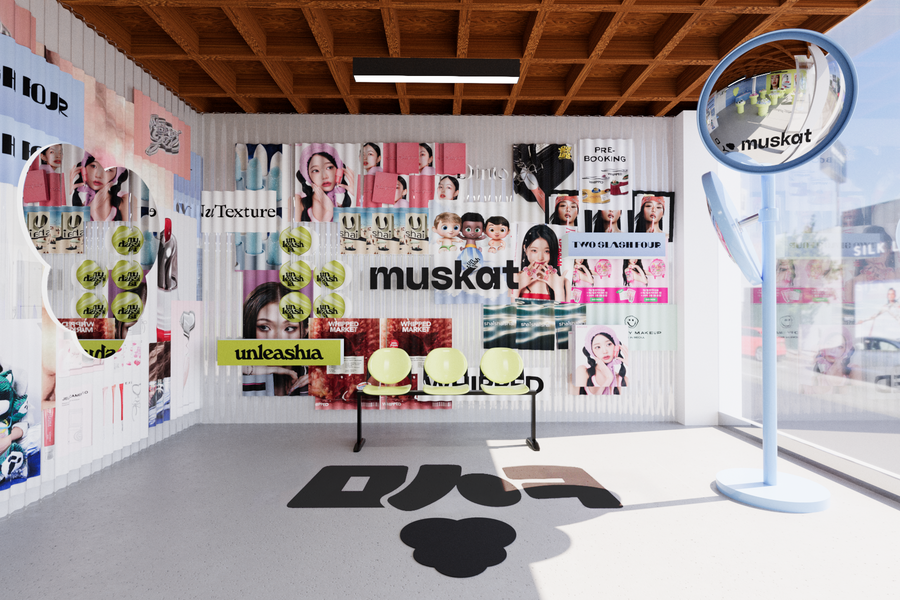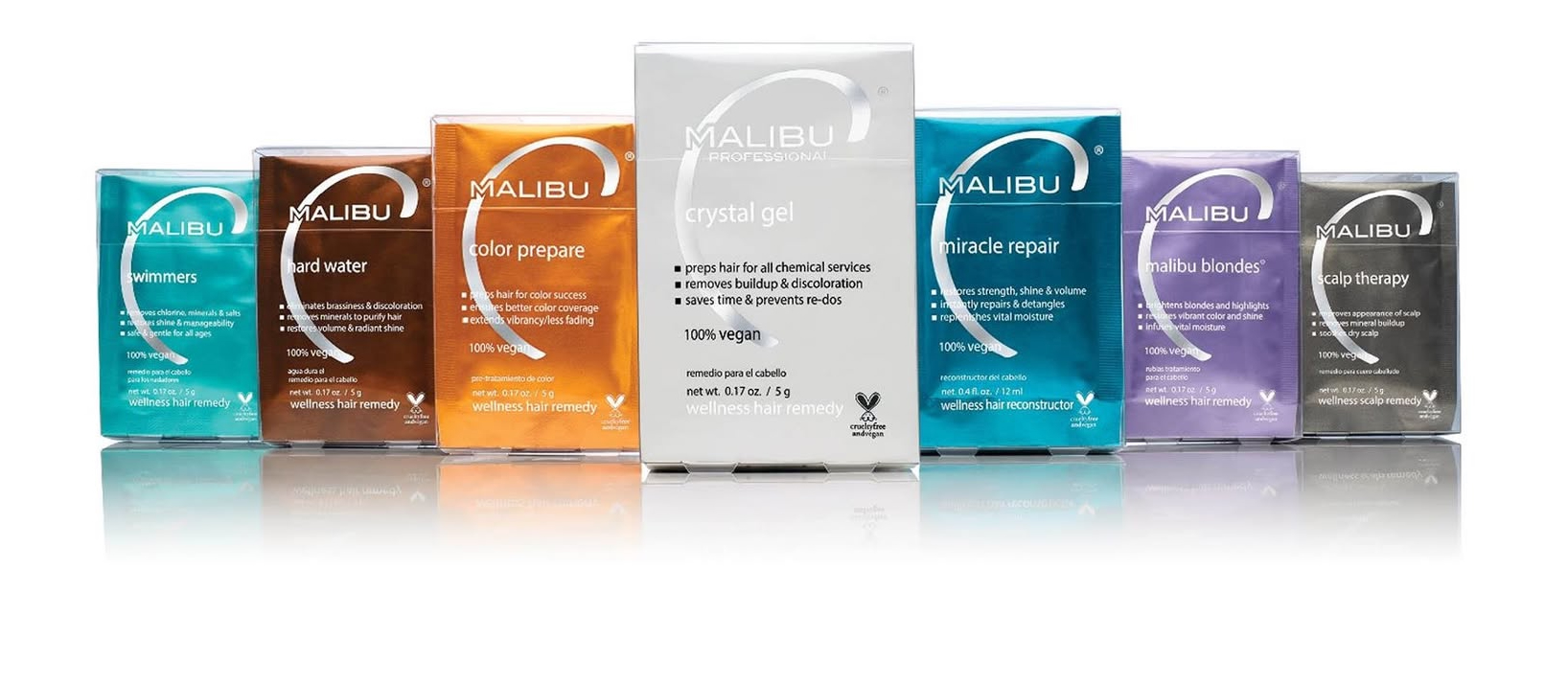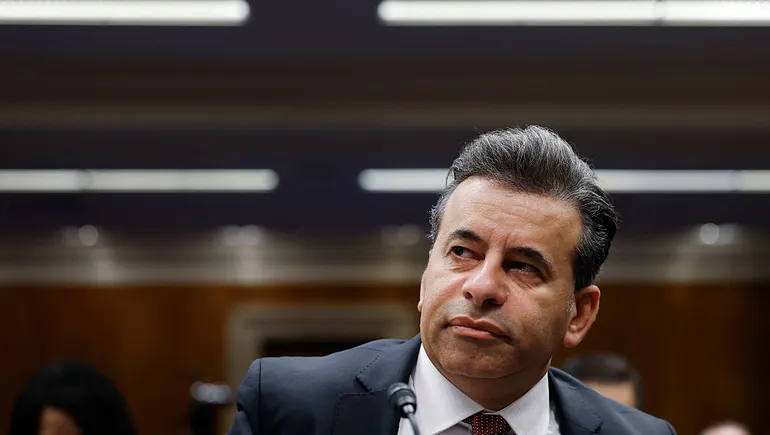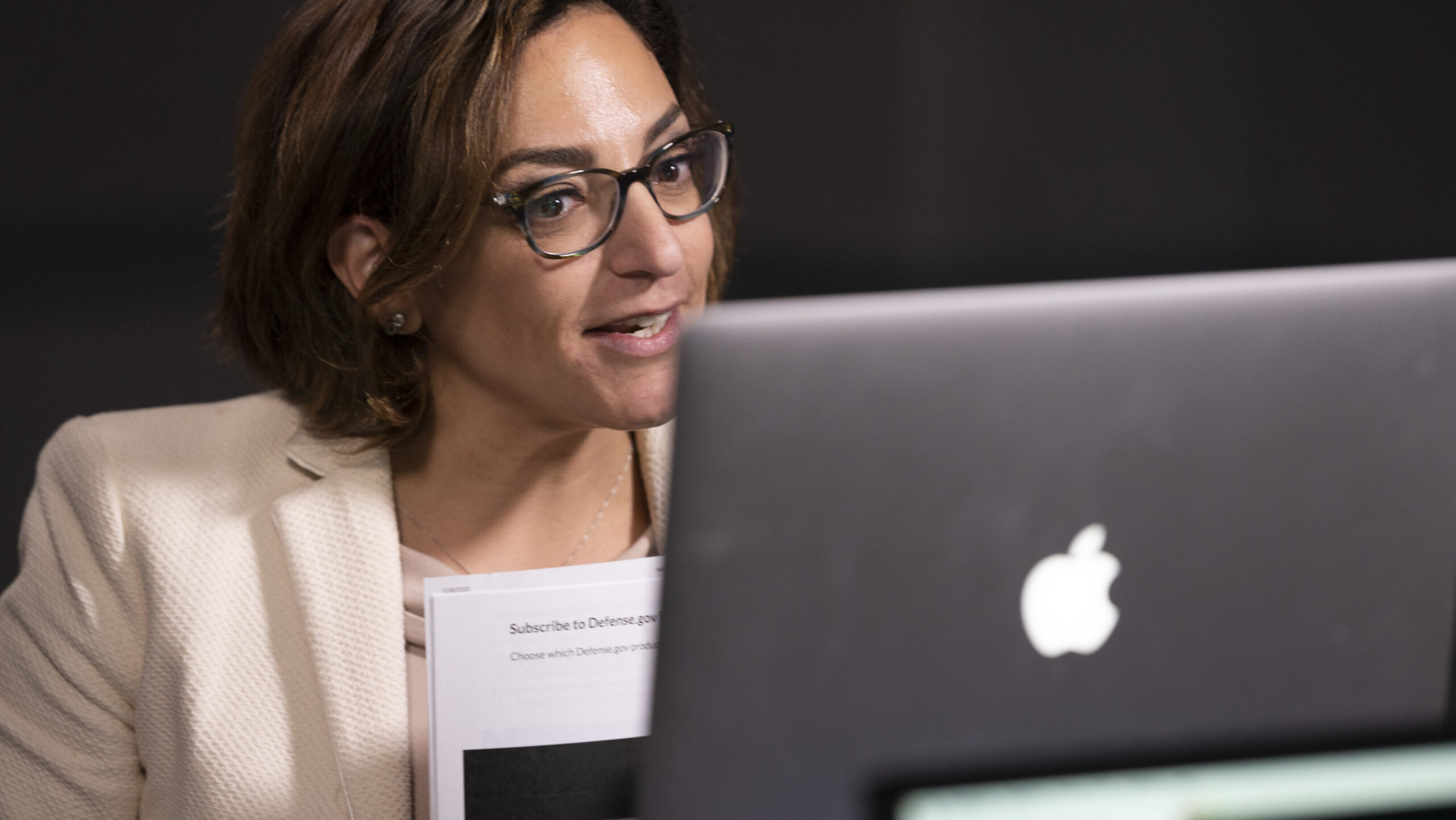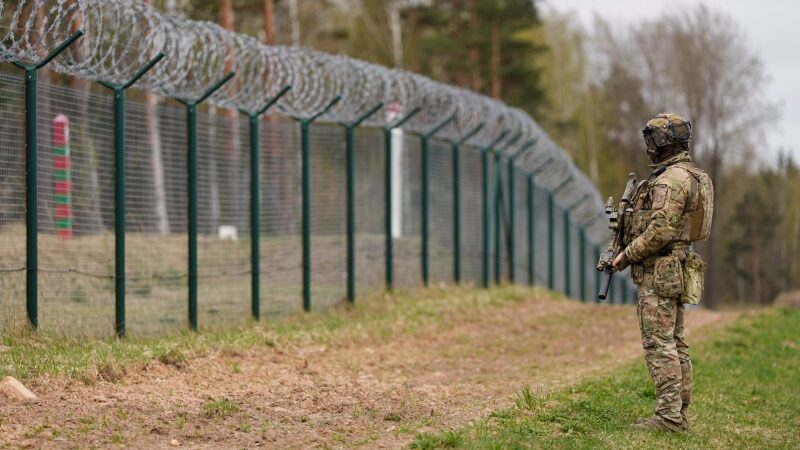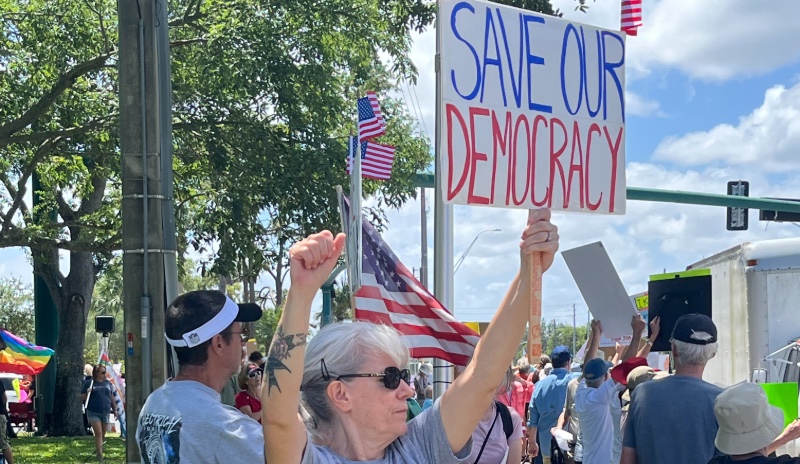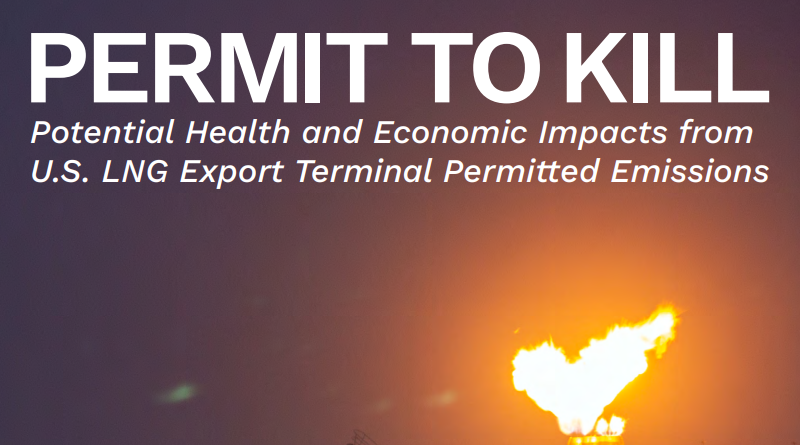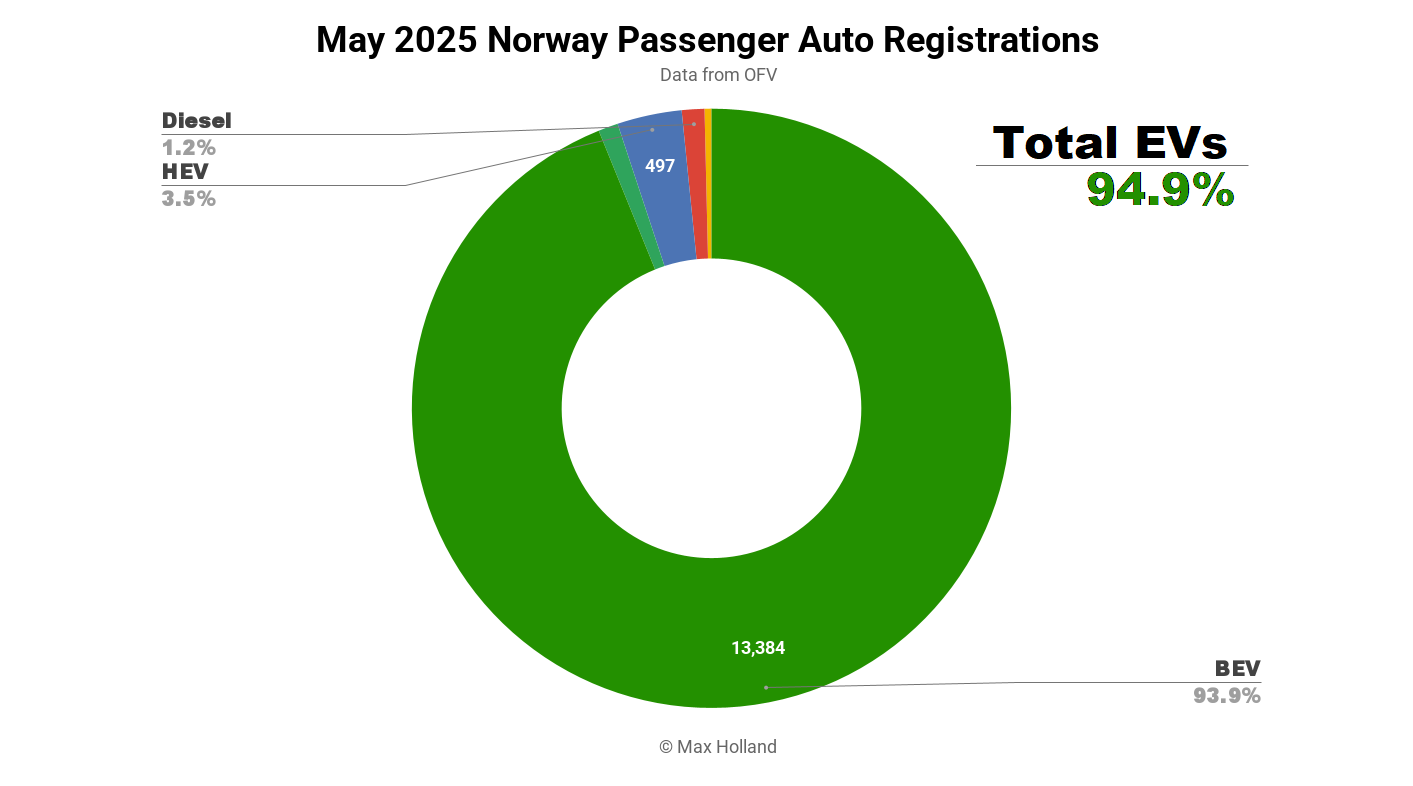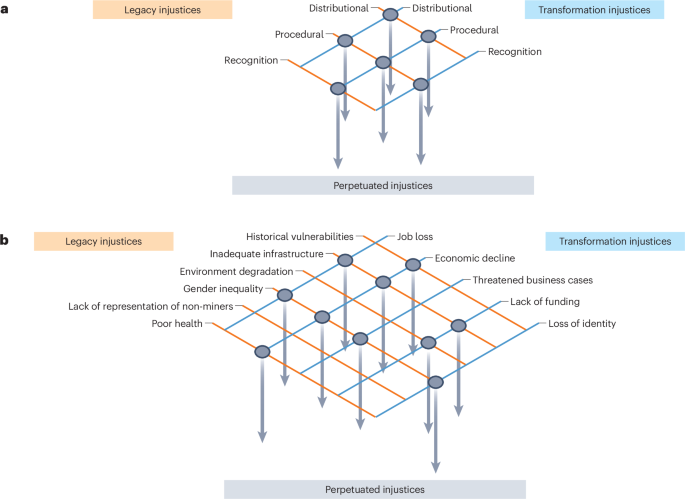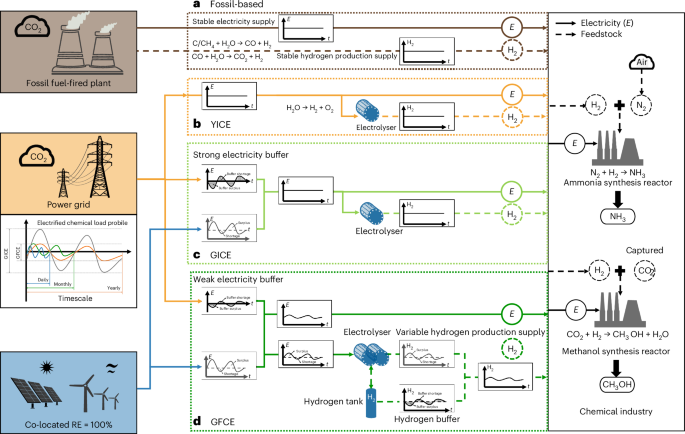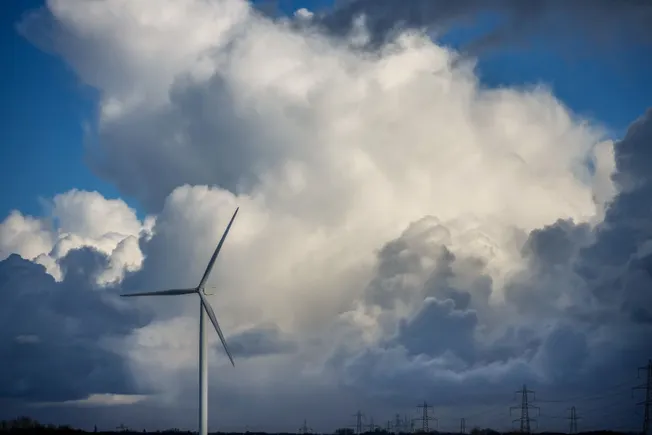How can the wine industry tackle ‘systemic’ problems of the labour exploitation?
The wine industry needs to not only do more to improve labour standards across the supply chain – but also to start a conversation that acknowledges there are problems that needs to be addressed, according to a panel of experts at a recent Wine Society roundtable.
The post How can the wine industry tackle ‘systemic’ problems of the labour exploitation? appeared first on The Drinks Business.
The wine industry needs to not only do more to improve labour standards across the supply chain – but also to start a conversation that acknowledges there are problems that needs to be addressed, a panel of experts at a recent Wine Society roundtable agreed.
The roundtable was held by the Wine Society in order to start a “construction conversation” about the realities of people in agriculture, both the challenges and the initiatives that are helping to address the “systemic problem”, sharing best practise of companies and organisations who are already trying to tackle the problem to empower others, and what it will take to tackle it, as an industry.
Speaking on the panel, Dom de Ville, director of sustainability and social impact at the Wine Society, said that the wine industry was no exception to other industries in terms of labour rights, workers’ rights and human rights standards, but the conversation “was not there yet”.
“With wine there is an additional hurdle in that we don’t talk about the labour side as much as other sectors do – which can hold back progress,” he told delegates. “We are quite good at talking about environmental stuff - bottle weights, have really risen up the agenda in the last couple of years, and we're starting to talk about things like regenerative agriculture, solar panels in wineries, all those kinds of things we're quite good at talking about, but the social side less so”.
“And actually, we do need to talk about it, because there are lots of systemic issues,” he said. “We can't just expect growers and producers to solve systemic issues. We all need to be working on it together.”
“Everyone has a role to play in making it work,” moderator Dr Peter Stanbury of Sustainable Wine Roundtable agreed.
He argued that although “we don't have all of the answers at the moment, there are good things happening.”
Proactive not reactive
Jantine Werdmuller von Elgg, co-CEO of Stronger Together, a not-for profit organisation that works with stakeholders across the supply chain to ensure that all workers are recruited responsibly and have fair work free from exploitation through training and long-term collaborations with supplies, both in the UK and abroad, argued that it was important for companies to be proactive rather than reactive.
She quoted the UK minister on safeguarding and violence against women and girls, Jess Phillips speaking at the launched the new UK modern slavery Act, “if businesses are not identifying risk in cases, they are probably not looking hard enough.”
Continuing, she noted that “what we often hear from businesses that have not put a lot in place yet or for whom this is new… is that they feel it is complex, others might be waiting for legislation to come into play. But what I’ve seen is that when business just make a start – whether that's by themselves or ideally collaboratively, that's how we start making an impact.”
She argued for setting clear KPIs - “If that starts with one KPI, that's Ok, you can always expand that out, but it's important at the start that you know what you want to look at and monitor if that is working.”
Another key aspect was boosting awareness within the business and avoiding “silos” by ensuring that “sustainability is a topic that is on everyone's agenda”, from the commercial teams to head of procurement as well as throughout the supply chain. “It is important to think who are the eyes and ears on the ground and be awareness – can be different to the awareness of those at the operation,” she said.
“Only if people are aware of what it means to them, and if we use the right language, something that they understand, then can we start having conversations about what we're looking for? You might be asking a question, such as, is there any forced labour happening in your business? Well, in a lot of situations, you might not get an honest answer.”
Allied to this, was working with local partners and “connecting with those who understand what’s happening on the ground and work closely with people to do."
“Meaningful stakeholder engagement and collaboration is key.”
It was also important to realise that the landscape was dynamic and changes over time, “Exploiters will find new ways of exploiting the system over and over and over again,” she warned, as a result continuous improvement “is very, very important”.
Key takeaways
1. Due diligence
"I'm amazed at how few of my clients call up to see if I'm actually a licensed ELA provider, what are my practices?" James Dodson, CEO of Vine Works noted. "It's amazing how few people actually do due diligence."
2. Make it part of that commercial decision-making process
The issue needs to be given value as part of the commercial decision-making process. “Does it have an environment, a solid environmental management system behind it? Is it good quality? Is it the right style?” he asked.
3. Make your customers aware
James Macdonald, senior winemaker at Hunter's Wines argued that making your customers aware of what's going on was key. “Retailers will fall into line and want to work on these initiatives if the customers are asking them and demanding it from the retailer,” he said. “We sell a lot of wine in the Nordics - they have these things in place because it's what their society expects.”
4. Ask the questions
"I was told once that the question asked by a buyer had 10 times, if not 100 times, more weight than a question asked by someone in the sustainability team,” human rights expert Laura Falk of Inherently Human noted. “So ask a question!”
The Wine Society's Dom de Ville added that when buyers are out having those conversations, “let growers and producers know that it’s a mindset change. You don't have to be perfect. Just get going.”
5. Get it on the agenda
Global sustainability leader Anna Turrell agreed, saying not only to ask the quest, but ask the same thing every single meeting, until it is fixed on the agenda. You need to be consistent and repetitive, create emphasis. “Just ask the question every single time.”
6. Create efficiencies
Stronger Together's Jantine Werdmuller pointed out that efficiencies can be created with site visits, even if they are for other purposes if the people undertaking site visits are equipped to identify and potentially escalate matters of concern. “They don’t have to be the expert, but if something is picked up, they can then take it forward,” she said.
7. Be prepared to put your money where your mouth is
Gonzalo Entre Canales, CEO of Spanish wine producer Entre Canales Domecq advocates paying a premium for suppliers who have gone above and beyond what whatever your minimum requirement is, as well as lending support to those that are trying to improve their sustainability efforts.
8. Have a maturity curve
Global sustainability leader Anna Turrell argued that the industry need clear principles that can be used to engage, as well as a maturity curve – what to do at the start and then what to do if you’re further along. “Leverage that action so we can learn from each other – recognising this will never stop!
9. Comms need to be open
In addition to getting the conversation going, the industry need to talk more openly – not only about what is working, but what isn’t, Turrell argues. “With human issues, we are inherently nervous about talking about – but only in doing so can we find solutions.”
"Leveraging action in order to learn from each other is important."
10. Certification is important, but not the whole solution
Anne Jones, Wine GB's sustainability advisor argued that although the industry had moved from thinking the law is the panacea, "I wouldn't want us as an industry to fall into the traffic thinking that certification is the panacea, because certifications don't cover everybody. They're optional and they often increase price," she said. "We have to make sure that this is full supply chain collaboration for everybody. We cannot think that certifications are going to solve this issue."
